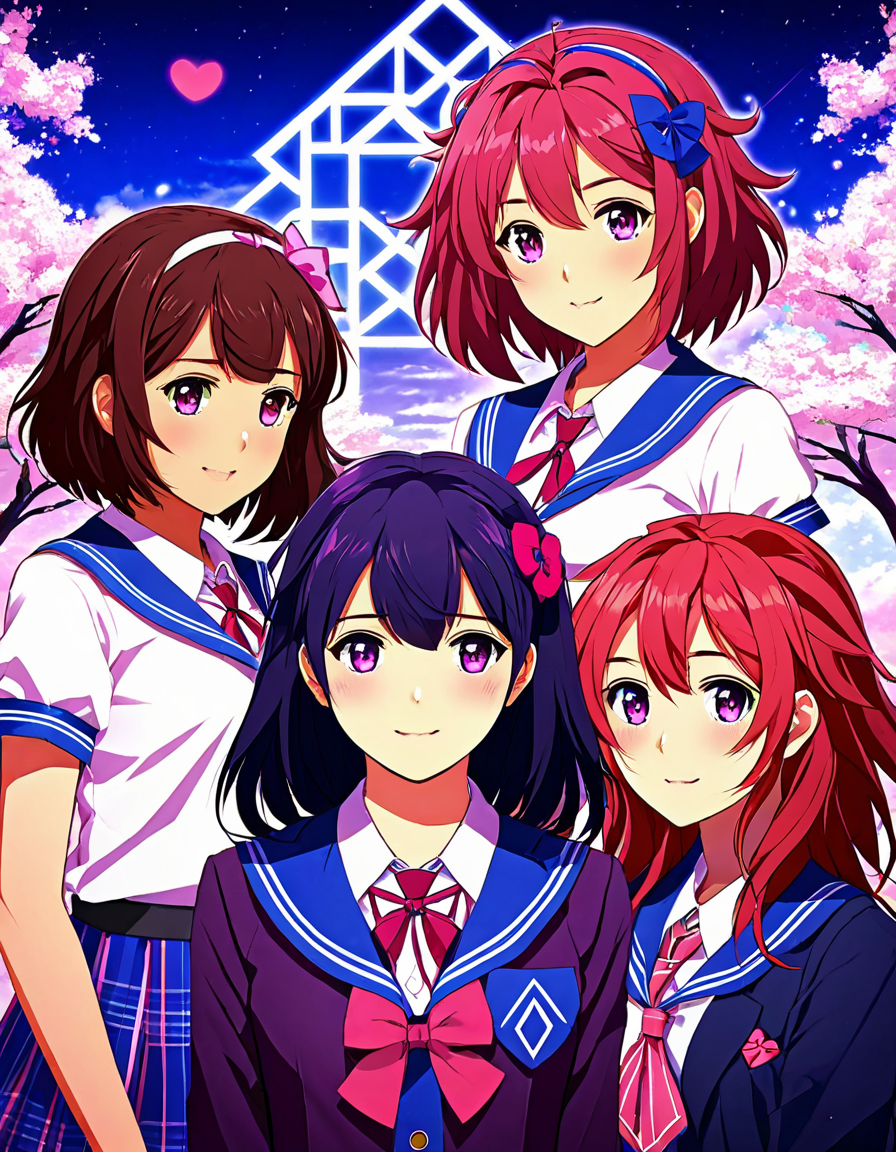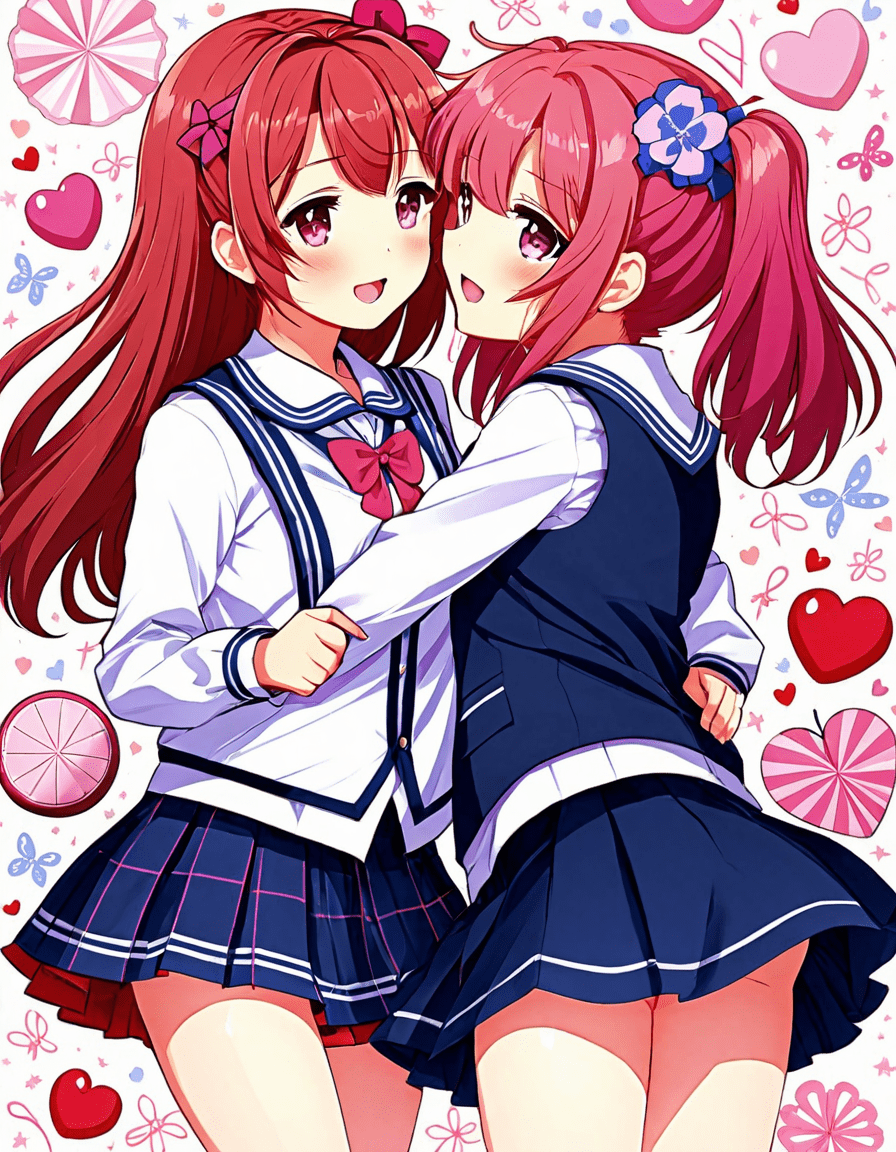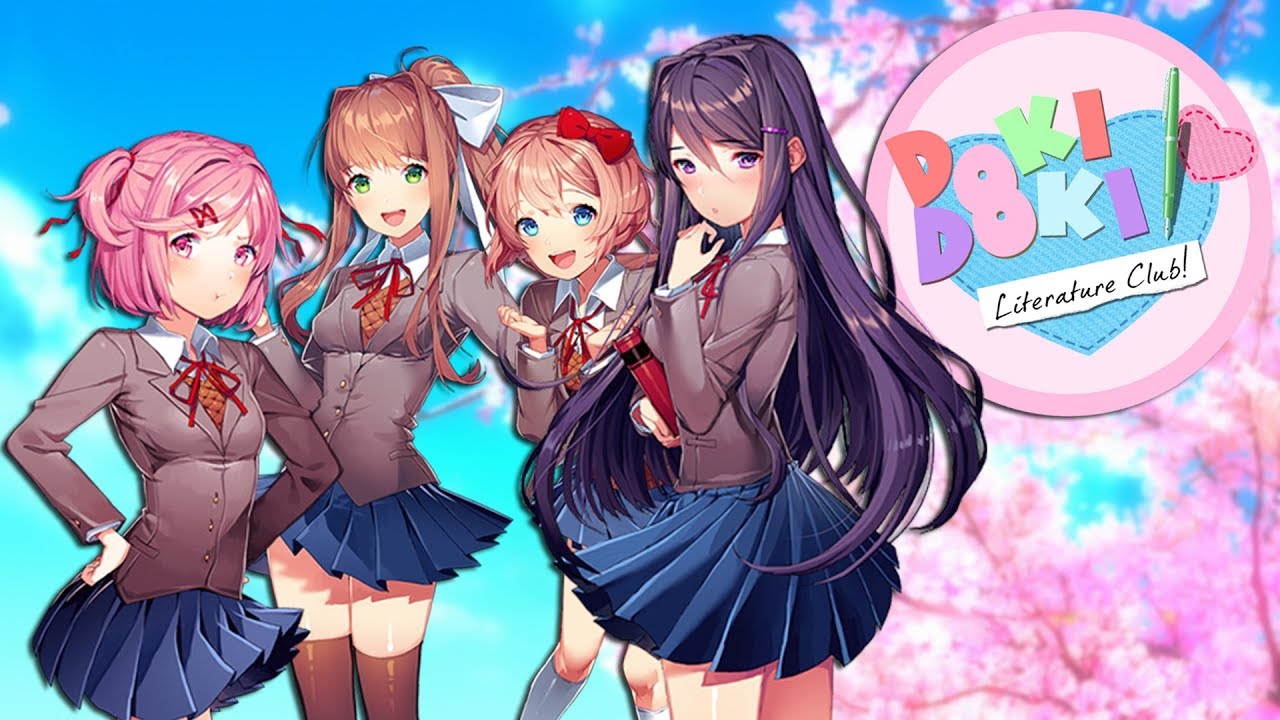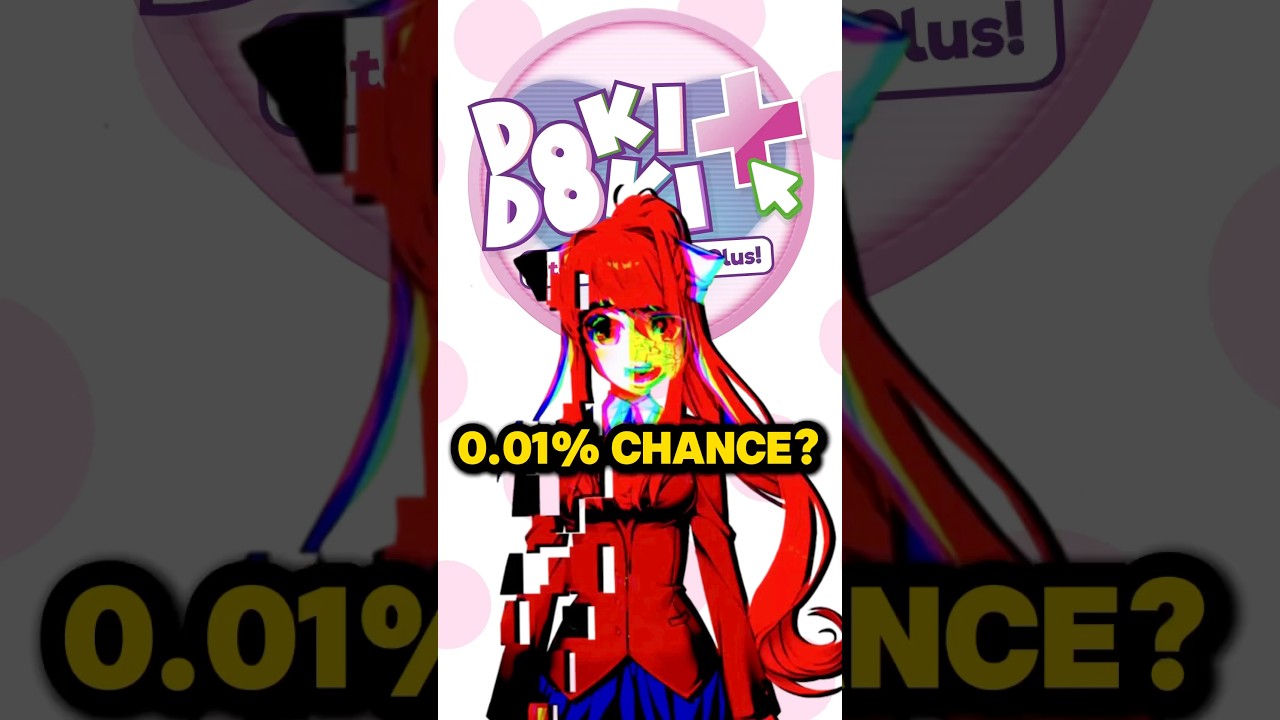In 2017, an indie visual novel that surprised the gaming world emerged from the creative minds at Team Salvato—Doki Doki Literature Club! This game doesn’t just entertain; it challenges players to rethink their gaming identities. Known for its deceptive charm and deep insights into mental health, Doki Doki Literature Club quickly became a cultural phenomenon that continues to reshape player experiences as of 2026. Here’s a deep dive into seven pivotal aspects of this title that revolutionized the gaming landscape and expanded how we engage with narratives.
1. Breaking the Fourth Wall: A Narrative Revolution
Doki Doki Literature Club expertly manipulates the concept of the fourth wall, creating an experience that feels both intimate and unsettling. By directly interacting with your computer and altering files, the game makes players confront their involvement in story-driven experiences. It’s a bit like that 80s rock band Reo Speedwagon; just as their emotional lyrics pull you into a personal space, this game evokes feelings that come from deep reflection about your choices.
Imagine opening a seemingly innocent dating simulator only to find yourself grappling with ethical dilemmas. The game’s ability to create this kind of engagement turns players into active participants, much like how cult classics compel audiences to ponder their own morals with every twist and turn.

2. Exploring Mental Health Through an Interactive Lens
At its core, Doki Doki Literature Club grapples with mental health issues, presenting them through the relatable struggles of its characters. Take Sayori, for instance: her battle with depression is not just a plot device but a discussion starter, encouraging players to engage with complex emotional challenges. This kind of storytelling paves the way for other indie titles to tackle similar heavy themes, much like how Bridge to Terabithia addresses grief and friendship.
In a medium often criticized for surface-level engagement, this game opens the door to heartfelt conversations around mental well-being. Its sympathetic approach to serious subject matter has created a dialog in the gaming community that transcends conventional narrative methods.
3. The Rise of Meta-Narratives in Gaming
Doki Doki Literature Club stands out in the gaming world for its clever use of meta-narratives. Presenting itself as a traditional dating simulator, it quickly pivots to subvert expectations. This innovative tactic has influenced a generation of games such as The Stanley Parable and Undertale, both of which invite players to question conventional gameplay mechanics.
The impact of meta-narratives extends beyond entertainment. This storytelling approach can be likened to acclaimed directors experimenting with genre in film, instilling a sense of unpredictability that keeps audiences on their toes. Just as filmmakers are redefining cinematic storytelling, so too are game developers challenging players with complex narratives that demand introspection.

4. A Unique Blend of Genres: Visual Novel Meets Horror
What happens when a lighthearted visual novel collides with horror elements? You get Doki Doki Literature Club. Players expect a simple romance story but soon find themselves navigating spine-chilling scenarios. This genre-blending enriches emotional engagement, making every moment unsettling yet intriguing.
Consider how Suki Waterhouse, known for her artistic versatility, seamlessly transitions between varied roles. Similarly, this game teaches us that creativity flourishes when genres blend, pushing both developers and players toward novel experiences. It’s like expecting a light dinner only to find yourself in a culinary adventure with unexpected flavors and a touch of spice!
5. Community and Meme Culture
When Doki Doki Literature Club hit the scene, it didn’t just generate buzz; it created an entire community. This game’s fans blossomed into a vibrant online hub filled with fan art, memes, and heated discussions. The excitement mirrors trends across different digital landscapes—like Fubo’s free trial—where participants engage and share their viewpoints.
Players evolve from passive consumers to active contributors, shaping ongoing dialogues around the game’s themes and gameplay. This kind of community building serves as a testament to the transformative power of gaming beyond just solitary play sessions.
6. The Role of Choices and Their Consequences
In most traditional narratives, players steer the story’s direction. However, Doki Doki Literature Club complicates this idea with chilling revelations about choices. What seems harmless at first can lead to profound consequences, inspiring players to reflect on their moral compasses. It’s a call to rethink what empowerment in gaming really means.
This exploration of moral ambiguity gets to the heart of player engagement. It encourages not just participation but also thoughtful reflection on the very nature of choice in both the game and real life, echoing questions posed in impactful films and literature.
7. Lasting Influence on Game Design and Society
Even years later, Doki Doki Literature Club leaves a lasting imprint on the gaming industry’s design choices. The rise of horror-infused narratives and deeper explorations of mental health challenges how developers craft experiences. Games like The Last of Us Part II and Celeste echo themes established by Doki Doki Literature Club, creating rich landscapes that stimulate both mind and heart.
As we witness this evolution, the game reminds us that video games have the power to do more than entertain. They can provoke thought, stir emotions, and ultimately reshape societal views. The impact of Doki Doki Literature Club is an affirmation of the ever-thriving bond between creators and audiences, urging us all to push the boundaries of interactive storytelling.
In conclusion, Doki Doki Literature Club is more than just a game; it’s a revolution. As it intertwines gaming with significant themes, it reveals the emotional depth and societal challenges inherent in our choices. It’s a call to players to engage, reflect, and connect—not just in games, but in life. Who knows what the next evolution of interactive storytelling will bring? It might just be another leap inspired by this groundbreaking masterpiece.
Doki Doki Literature Club: Fun Trivia and Interesting Facts
The Surprising Inspirations Behind the Game
Did you know that Doki Doki Literature Club draws inspiration from various pop culture phenomena, including influences from anime and light novels? This quirky visual novel cleverly flips the script on traditional dating sim elements, and its unique narrative twists certainly catch players off guard! Just like the unexpected plot twists found in Battlestar galactica, this game provokes thought while keeping you entertained. It’s a testament to how video games can blend storytelling with emotional depth, reminding us that there’s always more to explore.
Characters with Unique Traits
Among the characters, there’s Sayori, who embodies that cute, sunny vibe you might find in your favorite upbeat character. Interestingly, her name is derived from a common Japanese word for “sorrow,” a fact that might make you rethink her cheerful demeanor. This contrast adds an intriguing layer to the narrative. Speaking of quirky connections, if you’re a fan of love stories, you’ll appreciate the unexpected turn in character relationships, not unlike some romantic escapades portrayed in the films starring Scott Eastwood. The depth of each character reminds players that they are not just love interests but human beings navigating complex emotions.
The Impact of Gameplay Choices
In Doki Doki Literature Club, your decisions hold heavy weight, leading to various endings that challenge and shape your gaming experience. This feature mirrors how life is like a game of Lps, where every choice counts. But it’s more than just a game; it forces you to confront some uncomfortable truths about mental health and relationships. If you’re thinking of diving deeper into these themes, it’s similar to savoring unique experiences like a meal at Gyu-kaku Japanese Bbq, where each dish offers a flavor explosion. With each choice made, players face the bitter-sweetness of character arcs that often skew toward the darker side of human experience.
No story would be complete without a great soundtrack, and this is where Doki Doki Literature Club shines yet again! The sound design complements the ambitious narrative, similar to the evocative music by Milet that enhances key moments in any visual experience. Plus, the game has spurred discussions about its portrayal of mental health—an aspect that resonates deeply with many players today, encouraging conversations about topics often brushed aside. Whether you’re a casual gamer or a devoted fan, Doki Doki Literature Club offers a fresh perspective that can change how you view games forever!




![JUST MONIKA: A DDLC song (feat. OR3O & Adriana Figueroa) [by Random Encounters]](https://www.cinephilemagazine.com/wp-content/cache/flying-press/92a989800bbf156758c35881e78bd2e2.jpg)



